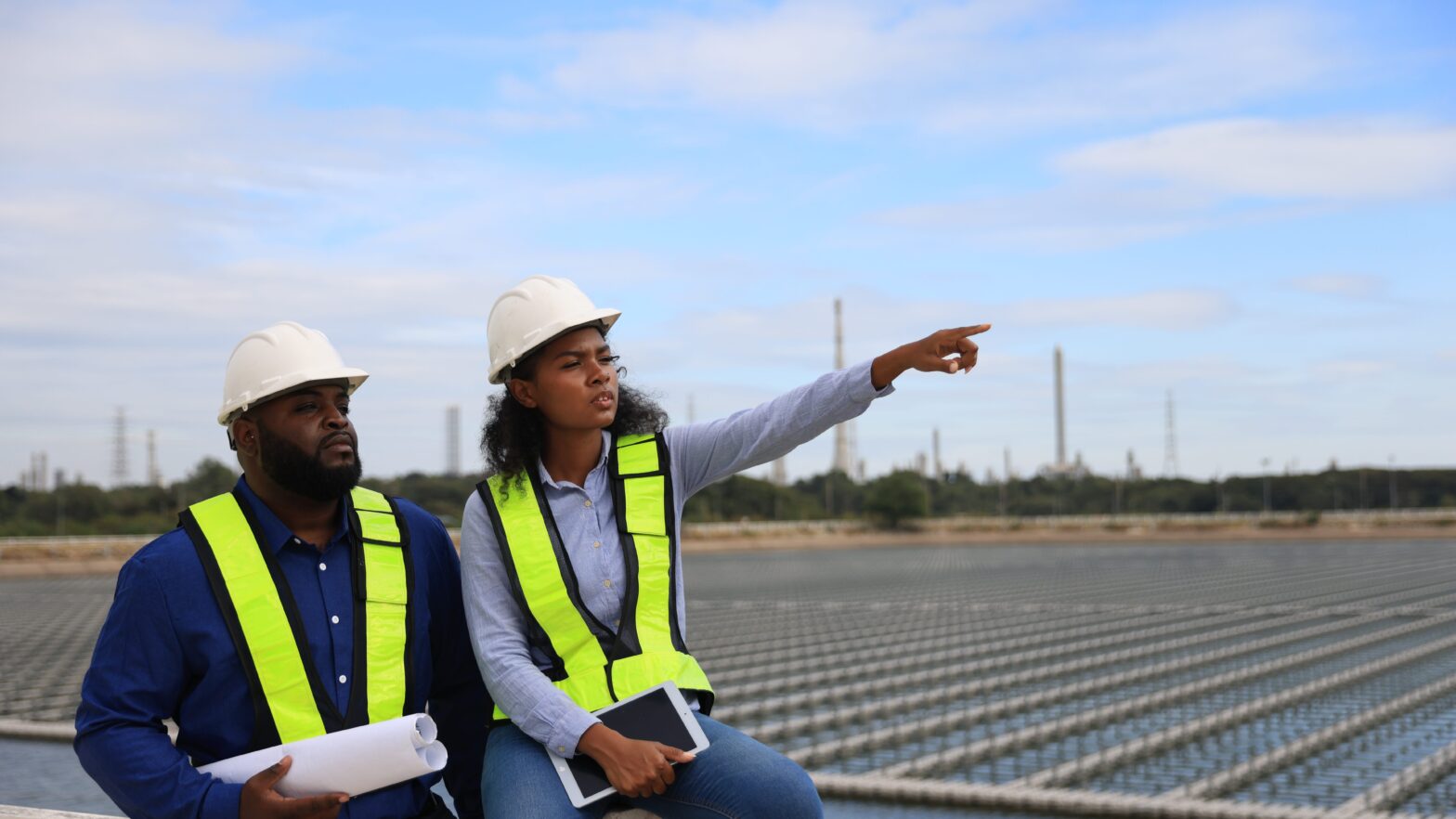In the talent world, we often talk about the push and pull of the market — when it’s driven by candidates or led by clients. Each of those comes with…
Read More
You Might be Surprised to Find Out What Matters Most to Employees Today

What are you looking for in your next job?
Talk with a recruiter from Lee Group Search and expect to be asked that question. Don’t be surprised if you’re probed to elaborate on an answer. Lee Group Search seeks to align your needs with employer desires so a match benefits both parties.
It’s not unusual for Adam Peters, Executive Search Consultant, to talk with a candidate an hour or more so he can hone in on what matters most during a job search.
“We ask questions that aren’t on a resume,” said Peters, who specializes in connecting culture and company needs with candidate qualifications.
Most employees have a bucket list when entering a career or making a change. You might be surprised to find out what’s usually on it.
Finding out starts with a conversation
When talking with a candidate, Peters is not looking for a resume rehash.
“I want to find out about a person,” he said. “What do they enjoy doing outside of work? Where are they in life? Maybe they just got married and have a newborn. I’ll often ask them to take me back to high school or college. I might uncover that they played sports their whole life and they’re a competitive person by nature.”
If a candidate thrives in a collaborative team environment, Peters like to know that so he can highlight that attribute when making a recommendation to an employer.
Even if a resume indicates you have the skills for a job, Peters stresses he’s filling roles and looking to set up both the employee and employer for long-term success.
A resume is static. It can only tell so much. Lee Group Search fills in the blanks that separate good hires from great ones.
More than just a salary and benefits
While how much you make and how much vacation you will receive are obviously important for a candidate seeking a career change, other factors often bubble to the top as most important, Peters said.
Culture and vibe — how things are done in the workplace — have evolved into increasingly significant considerations. Everything from attire to workspace to relationships with management affects company culture.
“People like to work with likeminded individuals,” Peters said. “Why not work with people who you hopefully get along with?”
Reviewing a company’s core values and mission statement help.
The COVID effect
Even before the pandemic, Peters said candidates making a job change want to ensure their new company is a stable one. News of downsizing, of course, makes candidates anxious. If a company is set to be purchased or management is in flux, those are often red flags candidates want to avoid.
“It’s something you want to stay out in front of,” Peters said. More experienced employees generally care about stability more. Someone straight out of college or with entry level experience, he said, is more likely to embrace a risk at a startup.
A company that didn’t shut down during COVID or in some cases actually grew its business can be attractive to candidates seeking to make a job change.
“Employees want to know that if unforeseen circumstances happen, they’ll still be OK in terms of taking care of their bills and their family,” Peters said.
Can I move up?
Progression also ranks on the list. Employees may love what they do for a living but feel unfulfilled if they don’t see room for growth.
“If you can’t advance internally, you have to look externally,” Peters said.
This can be especially true if an employee works under a supervisor of similar age and doesn’t see that person leaving the position in the foreseeable future.
A word about safety
Peters recruits for multiple manufacturing positions. Employees in those fields often want to be assured that safety standards are optimal.
For example, a technician working in a plastic injection molding facility can move molds that weigh up to 40,000 pounds using an overhead crane. “They want to be sure that safety procedures are being followed so that mold doesn’t end up falling on someone,” Peters said.
An emphasis on safety also indicates how much companies value their employees. It’s a symbiotic relationship in that employees want employers to value their safety and wellbeing above production numbers.
The whole package
The balance between work and personal life has emerged into a major factor for candidates examining the pluses and minuses of a new opportunity. “Someone driving an hour each way is often willing to take a lateral move,” Peters said. “If their new job is only 20 minutes away instead of an hour, that’s a lot of time to get back.”
A shorter commute also means saving money on gas and less wear-and-tear on their vehicle. If making a son or daughter’s ballgame is a priority or being home to help a spouse, a candidate might be willing to make a few thousand dollars less to make up for that.
“The longer you talk to people, you feel them out,” Peters said. “It’s all about talking to people about why they’re really looking to make a change, and does this opportunity make sense? Does this opportunity line up with what you want? If so, let’s pursue this.”
